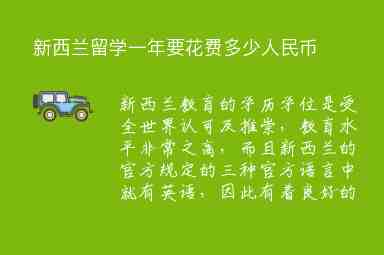英 [deɪ] 美 [deɪ]
Day is a noun which refers to the period of 24 hours, especially from twelve o'clock one night to twelve o'clock the next night. It can also refer to the part of this period when it is light outside.
用法:Day作为名词,指一天的时间,特别是从一天晚上12点到第二天晚上12点。它也可以指这段时间中的白天。
例句1:I work eight hours a day, five days a week. (我一周工作五天,每天工作八小时。)
例句2:The sun rises in the east and sets in the west every day. (太阳每天从东方升起,西方落下。)
例句3:I have been waiting for this day for a long time. (我已经等待这一天很长时间了。)
例句4:He spends all day studying for his exams. (他整天都在为考试学习。)
例句5:We went on a day trip to the beach. (我们去海滩进行了一日游。)
同义词及用法:
1. Daily (每日的,每天的)
Daily和Day都可以表示“每日/每天”,但Daily更强调连续性和规律性。
:She writes in her diary daily. (她每天都在日记本里写东西。)
2. Sunlight/Sunshine (阳光)
Sunlight和Sunshine都可以表示“阳光”,但Sunlight更偏向于指光线,而Sunshine更偏向于指阳光的温暖和明亮的感觉。
:I love basking in the warm sunshine. (我喜欢晒着温暖的阳光。)
3. Daytime (白天)
Daytime和Day都可以表示“白天”,但Daytime更强调时段,而Day则是一天中的整个时间。
:I prefer working during the daytime. (我更喜欢在白天工作。)
4. Sunrise/Sunset (日出/日落)
Sunrise和Sunset都可以表示“日出/日落”,但Sunrise指太阳从地平线升起,而Sunset指太阳从地平线下落。
:I love watching the sunrise and sunset at the beach. (我喜欢在海滩观看日出和日落。)
5. Daylight (白昼)
Daylight和Day都可以表示“白昼”,但Daylight更强调光线,而Day则是一天中的整个时间。
:The room is filled with natural daylight. (房间里充满了自然的光线。)
编辑总结:
Day是一个常用的名词,它可以指一天的时间,也可以指这段时间中的白天。它与其他同义词如Daily、Sunlight等有着细微的差别,在具体使用时需要根据语境来选择合适的词语。同时,编辑也要注意避免重复使用Day,可以使用它的同义词来丰富文章内容。

